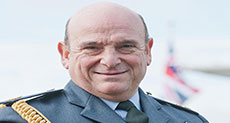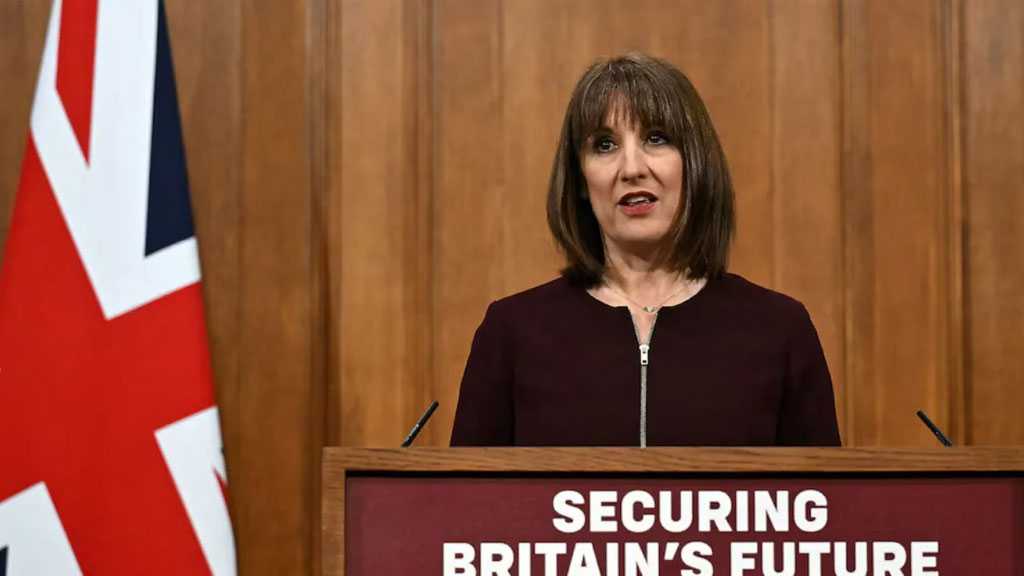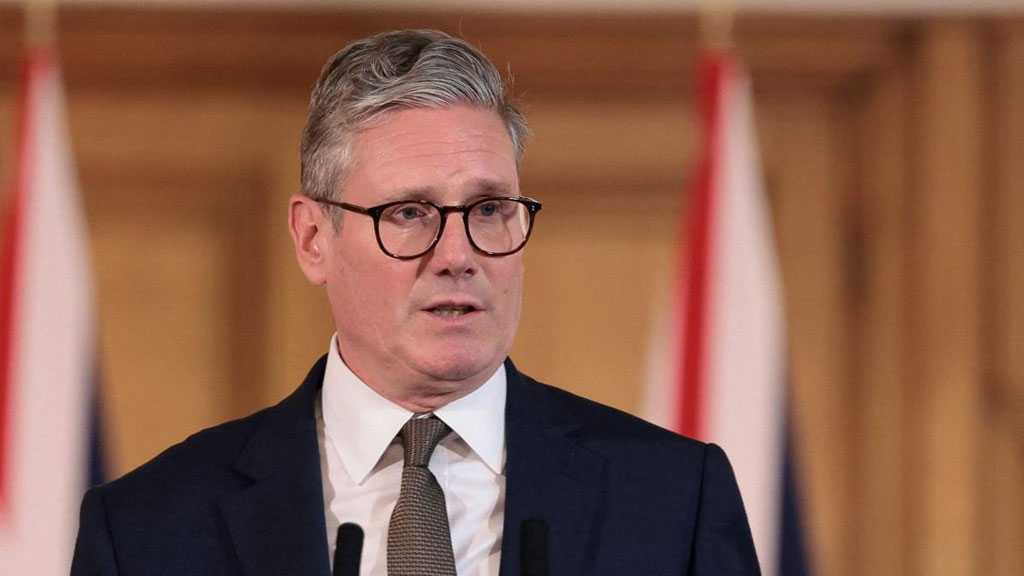Daesh Terrorists Are ’Hiding In Plain Sight’

Local Editor
Daesh [ISIS/ISIL] terrorists are "moving in migrant flows" and "hiding in plain sight" all over the world in tactics that should lead Britain to think about how it "manages identity", the chief of the defense staff has said.

In comments that could reignite the debate around identity cards, Sir Stuart Peach said he was "worried" about the global reach of Daesh militants, who deliberately destroy their identity documents to travel illegally into other countries where they could carry out attacks.
The most senior officer in the armed forces said Daesh represents the closest danger and a "call to action" going beyond UK and coalition air strikes in Syria and Iraq.
In his first annual lecture to the Royal United Services Institute [RUSI], Sir Stuart said: "I worry about the global reach of Daesh as an idea - copycat, using the internet - more than the internet - using social media, popping up all over the world.
"Of course we face, as my friend Andrew Parker has said, the director general of MI5, a potential network of combat-experienced terrorists."
He further noted that on the other hand, they are losing territory rapidly, foreign fighters are being killed and displaced.
"But they are moving in migrant flows, hiding in plain sight."
Sir Stuart also warned that Britain should be "really worried" that the international consensus-based approach to peace and security, developed after the Second World War, was now challenged by states such as Russia.
A "full-spectrum" response is required - integrating diplomacy, the military, economic influence, technology and the media, and "closer attention" to counter-espionage and counter intelligence.
Britain is now in a "strategic state-on-state era of competition" which requires us to "wonder and worry" about the response to propaganda, hybrid warfare and cyber-attacks, he said.
His comments followed the Russian incursion in Ukraine and worries that Moscow influenced the United States presidential election won by Donald Trump by allegedly hacking email accounts linked to his rival Hillary Clinton.
Sir Stuart also expressed concerns about potential deliberate attacks on hospitals and other previously safe havens in war zones, citing the example of Aleppo in Syria.
Source: The Independent, Edited by website team
Comments
- Related News




